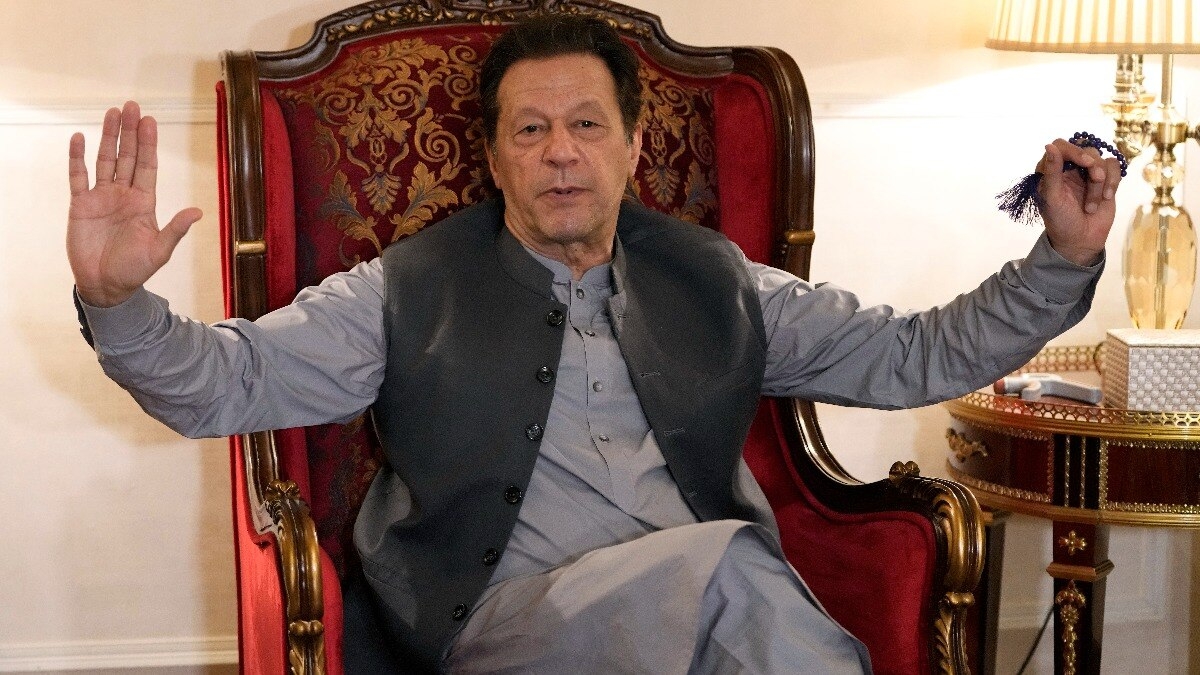Imran Khan, the incarcerated leader of the Pakistan Tehreek-e-Insaf (PTI) party, is expected to remain in prison despite recent legal victories, according to a report by Business Monitor International (BMI), a branch of the Fitch credit ratings agency.
Legal Battles and Imprisonment
In its latest country risk report for Pakistan, BMI noted that Imran Khan’s successful legal appeals in April and June have not altered his imprisonment status. The report, which includes 10-year forecasts extending to 2033, covers macroeconomic and political factors to provide insights into emerging trends in Pakistan.
Khan’s sentence in the Toshakhana case was suspended on April 1, and he was acquitted by the Islamabad High Court in the cipher case in June. Various courts have also acquitted him in several other cases since his initial arrest on May 9, 2023, which triggered nationwide riots and a subsequent crackdown on him and his party.
Recently, an Islamabad district and sessions court accepted appeals filed by Khan and his spouse against their conviction in the Iddat case. However, the National Accountability Bureau (NAB) re-arrested both in a new Toshakhana case, complicating his potential release from prison.
Fitch’s Observations and Predictions
BMI’s report states, “Despite opposition leader Imran Khan winning several recent legal appeals, we expect that he will remain in prison for the foreseeable future.” The analysts were reportedly “surprised when judges — who were expected to side with the government — quashed two of the legal cases against Khan.”
The report further elaborated that even if the judicial system, which typically favors the government, overturned all charges against Khan, the government would likely initiate new cases to prevent his release.
Political Stability and Economic Outlook
Regarding Pakistan’s political landscape, BMI expects the coalition government led by Shehbaz Sharif to stay in power for the next 18 months, successfully implementing IMF-mandated fiscal reforms. The firm cites the support of powerful entities behind the PML(N)-led government and the inability of Khan’s supporters to organize large-scale protests as reasons for the coalition’s stability.
BMI also notes that the government is unlikely to collapse unless there is a significant increase in violence or an economic crisis that sparks widespread protests. The report suggests that fresh elections are improbable, as they could potentially lead to Khan’s allies gaining a parliamentary majority.
Economic Projections
BMI predicts that Pakistan’s real GDP growth will average 3.5% over the next decade. However, the report warns of potential risks such as declining agricultural production, currency weakness, and political instability, which could disrupt economic growth.
Political risks are expected to remain high, putting pressure on the rupee. The report highlights that despite being imprisoned, Khan remains the country’s most popular politician, complicating the government’s efforts to implement fiscal reforms and increasing the likelihood of protests.
The report concludes that Pakistan’s economic recovery is fragile and susceptible to shocks that could increase the cost of servicing the country’s significant government debt.


